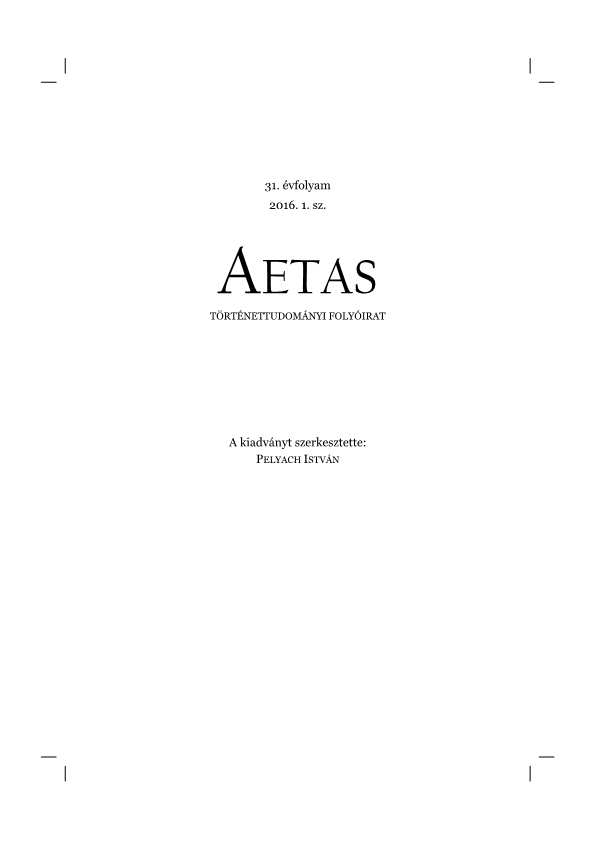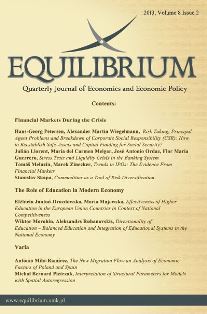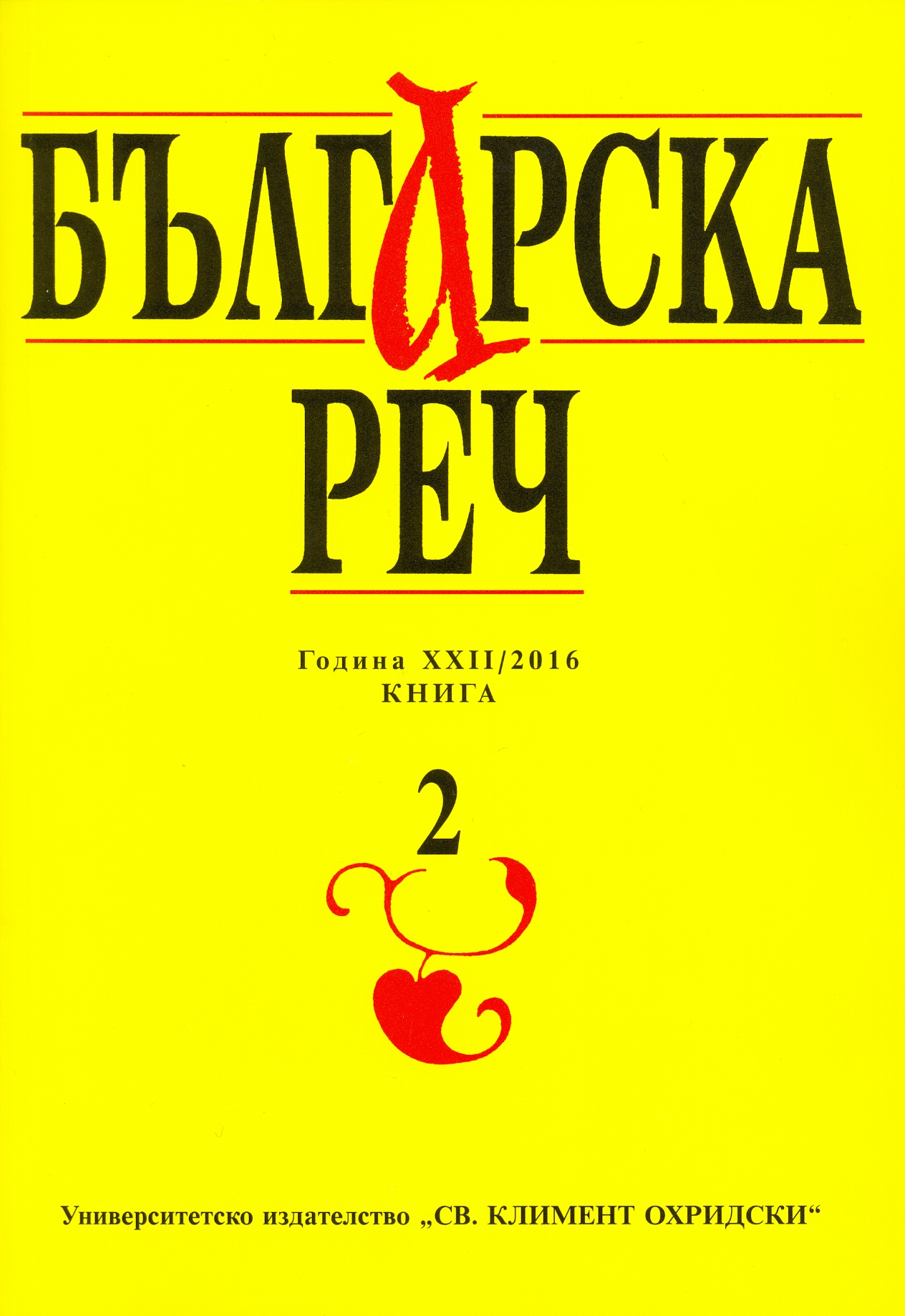
The Parliament and the army – the legal bases for military organization in 1848–1849
Országgyűlés és katonaság – a hadseregszervezés törvényi alapjai 1848–1849-ben
Even though the April laws, which paved the way for a bourgeois transition in Hungary, did not contain specifically military laws, the legal bases for a new type of army to defend the revolution were established. Declared rebellious (and its commanders were even accused of high treason during the military tribunal trials) by the imperial leadership, the army fighting the war of independence had a strong legal basis thanks to the lawmaking activity of the Hungarian parliament. This fact became an extremely important factor in the success of military organization as, by emphasizing legality, the Hungarian government could efficiently use the administration it inherited to put its resolutions into effect. This is how it became possible to utilize the expertise and experiences of even those officials who did not sympathize with the cause of the revolution. The paper describes this process, outlining the background to the decisions, with a focus on the pressure to adjust to the rapidly changing circumstances and on the maintenance of the possibility of a compromise by Hungarian politics. It will distinguish three levels in this process. First, the laws which had already existed before or were sanctioned on 11 April 1848, the overwhelming majority of which only touched upon military matters. But it was by explaining the articles of these, by considerably extending their interpretation and by occasionally utilizing legal loopholes that the government ensured the effective fulfillment of national defense tasks. Second, the bill legally accepted by the parliament but not sanctioned due to the unfavorable turn of external circumstances, yet with reference to the extraordinary situation put into effect by the government, with the support of the parliament and without the ruler’s sanction. Third, those resolutions of the parliament, which authorized the government to introduce regulations and had them executed. The significance of these grew especially when the chances for a compromise had already faded. According to the paper, all the three components of the national defense army (the inherited regular troops, the volunteers and the rank and file majority), which was becoming a mass army while fulfilling the requirements of regularity, became part of the revolutionary army in a legally regulated way.
More...

